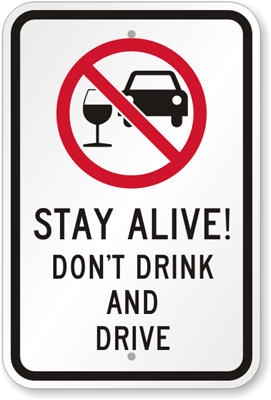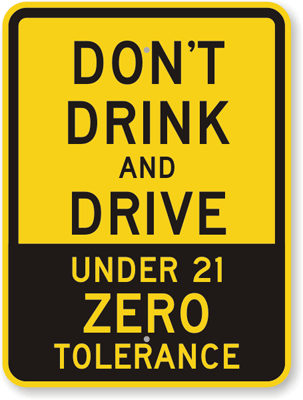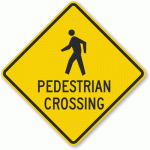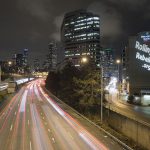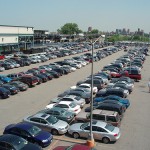Study: License Restrictions Reduce Teen Drinking and Driving
Harsher legislation regarding teen driving systematically lowers the number of drunk driving fatalities, a new study says
July 2, 2012 — A study published last week found that restricting teen driving effectively cuts down on drinking and driving at large. Set to be released in the September issue of Alcoholism: Clinical & Experimental Research, the study, under main author Patricia A. Cavazos-Rehg, PhD, surveyed drivers from 16-17 years of age over a span of ten years. The study found that legal policies such as restricted licenses for drivers under the age of 18 (and, in some states, 21) significantly reduce the amount of alcohol-related crashes on the road, particularly for teens.
The study gives insight into a very significant issue, as car accidents are the number one killer of teens in the United States, with over 1,900 drivers between the ages of 15 and 20 killed on the road in 2010. Among those killed, a little over one in five teen motorists involved in fatal accidents were under the influence of alcohol.
Signs like these remind drivers that they should stay away from the keys after having a few drinks
The issue of drunk driving is not only an American problem. Last week, an Australian Olympic hopeful Jarrod Bannister apologized for having been found drunk driving, with a blood alcohol content reading of 0.057. In addition to driving drunk, the Australian athlete was without a license and driving an unregistered and uninsured vehicle. He was fined a total of $800 and banned from driving for three months. While Bannister’s offense was in the low range for drunk driving, this mar on his otherwise stainless athletic career demonstrates that even buzzed driving has destructive consequences.
With the issue of driving drunk ever-present on the road worldwide, understanding the power of preventative legislation is vital for a safer commute. Since teenaged drunk driving is most common at night, licenses that restrict late-night driving for teens under the age of 18 have the potential to largely avert drinking and driving. “Use-and-lose” laws, now customary in Washington, D.C., Maryland, and Virginia, suspend licenses for teenagers caught driving dunk. The threat of losing a license has proven effective in these three regions, and stricter policies regarding drinking and driving may soon become the norm throughout the United States.
In some states, teens found driving drunk can have their licenses suspended – a harsh penalty for a hazardous infraction
While tougher legislation may be inconvenient for some teenagers, the benefits seem to outweigh the costs of restrictive licenses. Fewer teen drivers on the road late at night mean fewer potential drunk drivers, making for safer roads throughout the country.
– S. Walsh
Related Posts
Category: News, Regulations











